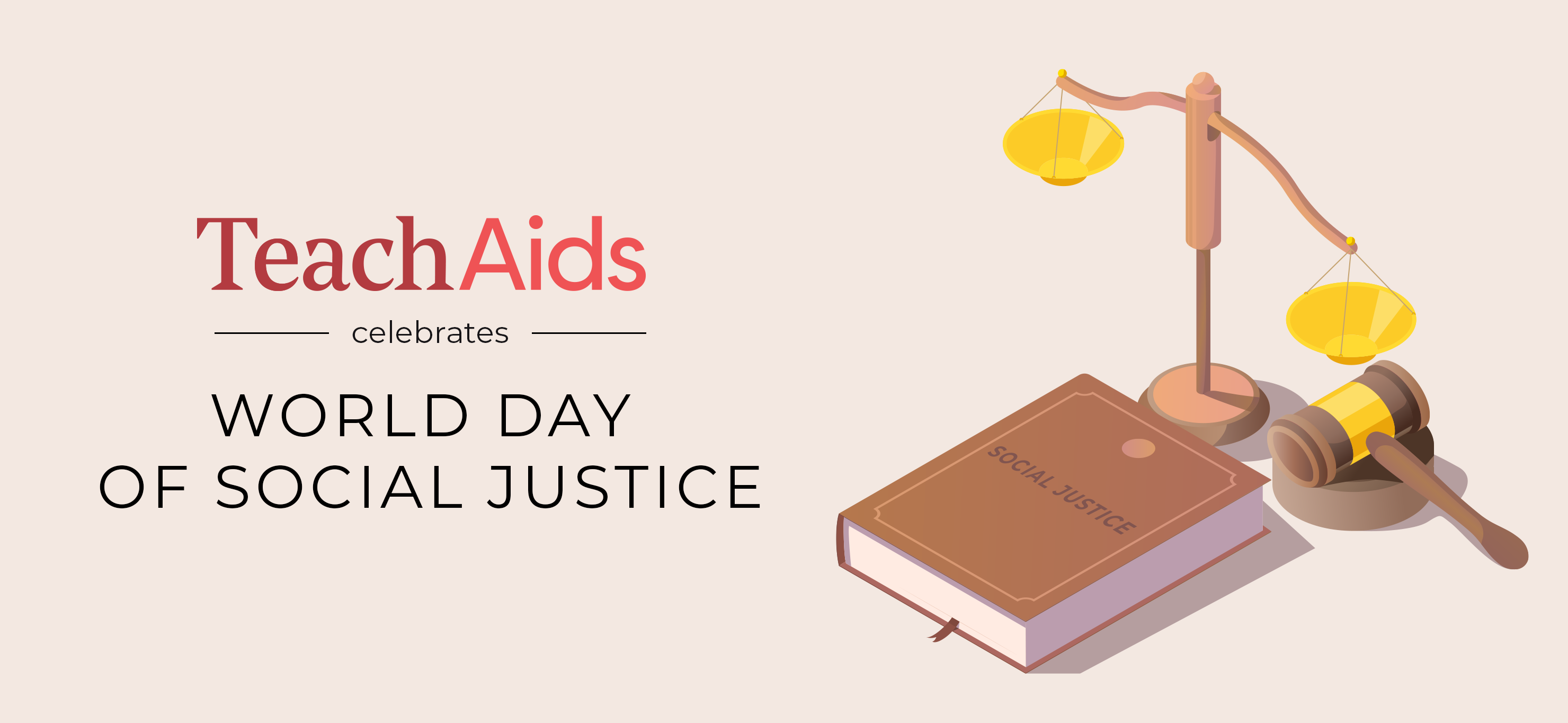
|
World Day for Social Justice 2023
Of all the forms of inequality, injustice in health is the most shocking and inhumane.
Martin Luther King Jr.
There has never been a better time to shed light on the need for equitable health care. The pandemic has amplified the lack of health equity, leaving many sick people across the world without essential vaccines and medicines. Social issues such as corruption, job insecurity, racial discrimination, poverty, exposure to environmental and safety hazards, war and crime are on the rise and these factors negatively impact an individual and their community's ability to access quality health care. Therefore, the issues at the intersection of health care and social justice matter greatly.
Social justice should be a priority in achieving optimal public health outcomes. We cannot afford to ignore the vulnerable and marginalized. Our work at TeachAids has been driven by the desire to tackle misinformation in order to make the provision of health education more equitable. We often consider the biological determinants of health and well-being but an understanding of the social determinants are equally important.
Even where information is available, with barriers to access and sub-optimal frameworks for teaching, there is a huge missed opportunity. Our ground research revealed fear-based education that hindered optimal learning. Through our research in HIV/AIDS prevention, we uncovered critical gaps in information dissemination that stemmed from social stigma, cultural taboos and pervasive myths. To address this problem, we collaborated with local stakeholders, community health professionals and field experts to work towards our vision of a world where individuals can live and thrive as equals. We went on to create health education in an engaging manner, designed to suit localized contexts through costume and language and prominent celebrity animated characters. We included euphemisms and adopted a creative, yet biology-based approach in our curriculum.
Our content is democratic - designed to serve every person that may need it. For instance, our Concussion Story Wall features more than 4000 video narratives detailing personal lived experiences and serves as a comprehensive mental health resource for students, parents, coaches, teachers, and military veterans. In developing products for concussion and COVID-19 research, we were mindful of the reliability, timeliness and relatability of our content.
We implemented strategies that addressed issues at the individual level where information needed to be clear and comprehensive; as well as at the community level where groups were empowered to act in solidarity, fostering collective health and well-being.
We believe that people across the globe have the right life-saving information, no matter their location, economic status, language or race. With our hearts set on justice and our minds focused on creative problem-solving, TeachAids is committed to making a lasting difference in public health for the betterment of people everywhere.